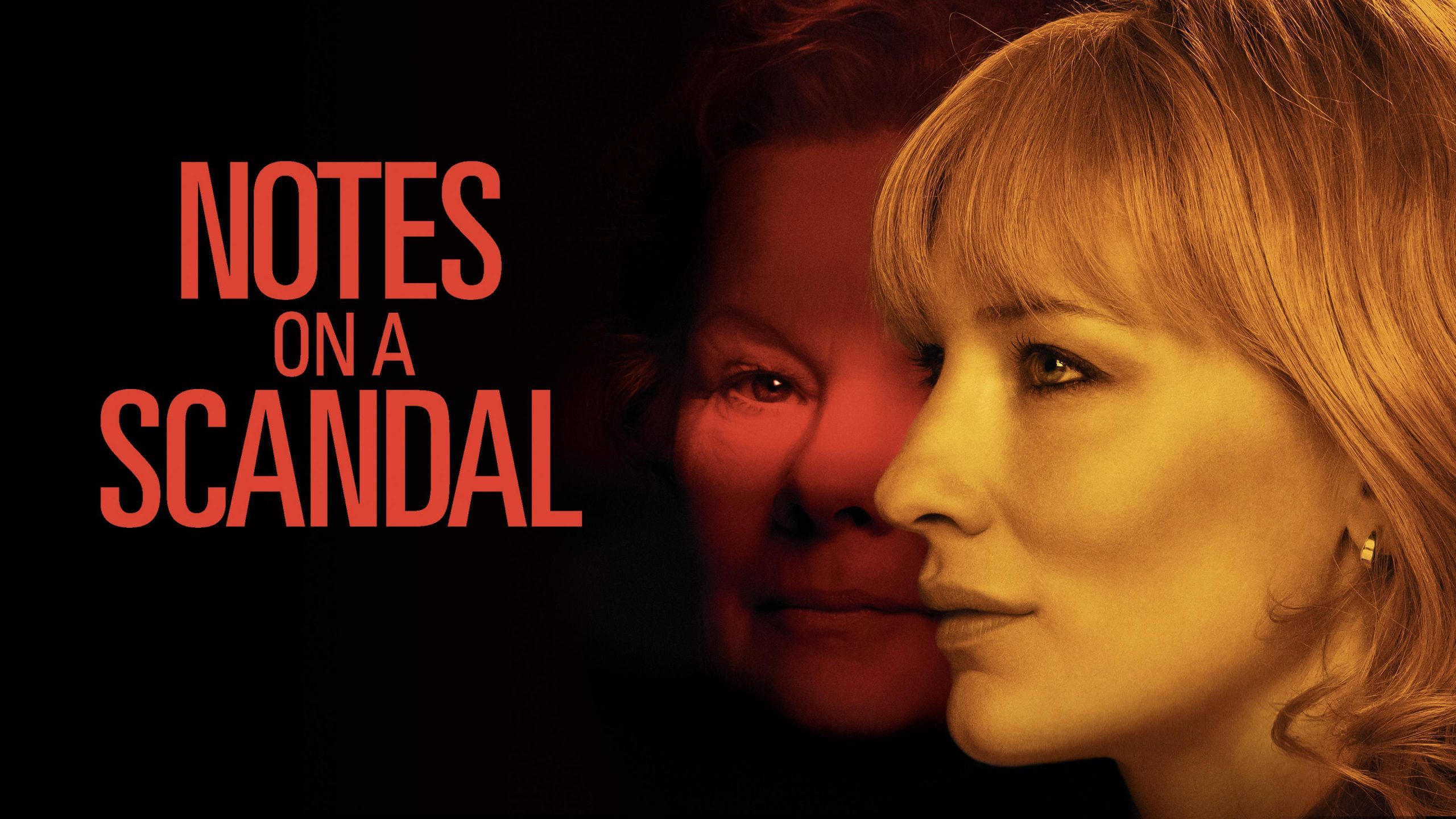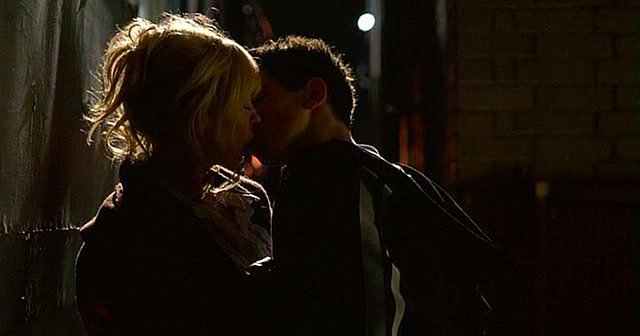Notes on a Scandal

Notes on a Scandal (2006) is a British psychological thriller directed by Richard Eyre and produced by Robert Fox and Scott Rudin. Based on the 2003 novel by Zoë Heller, the film’s screenplay was adapted by Patrick Marber. Starring Judi Dench, Cate Blanchett, and Bill Nighy, Notes on a Scandal explores the complexities of relationships, betrayal, and obsession through the lens of two very different women who become entangled in a dark and dangerous web of secrets.
The story revolves around Barbara Covett (Judi Dench), a lonely and obsessive history teacher at a London secondary school, and Sheba Hart (Cate Blanchett), a younger and more idealistic art teacher who has just joined the school. Barbara, who has always lived a quiet, controlled life, becomes fascinated by Sheba and her seemingly perfect family life. However, as the story unfolds, it is revealed that Sheba is having an affair with one of her students, and Barbara discovers the secret. This revelation sets the stage for a psychological battle of manipulation, power, and betrayal.
One of the most compelling aspects of Notes on a Scandal is its portrayal of obsession. Barbara’s fixation on Sheba begins innocently, but quickly escalates into an unhealthy and dangerous obsession. Judi Dench’s performance as Barbara is chilling and masterful, capturing the character’s jealousy, possessiveness, and bitterness. Barbara’s emotional vulnerability, masked by her stern exterior, adds complexity to her character and makes her actions both disturbing and sympathetic at times.
The relationship between Barbara and Sheba is at the core of the film. Sheba, portrayed by Cate Blanchett, is an emotionally conflicted character who finds herself trapped in a scandalous affair with a student. Blanchett delivers a nuanced performance, showing Sheba’s inner turmoil as she grapples with the consequences of her actions. Her vulnerability and desperation contrast with Barbara’s cold, calculating demeanor, and the two women develop a complex, manipulative relationship that drives the narrative forward.

Notes on a Scandal also explores themes of power dynamics and manipulation. Barbara, sensing Sheba’s weakness, uses the knowledge of her affair as leverage to control and manipulate her. Sheba’s sense of guilt and fear makes her susceptible to Barbara’s influence, creating a dangerous alliance that both women try to navigate. The tension between them builds as Barbara becomes more controlling, and Sheba tries to assert her own independence. This psychological struggle between the two characters is at the heart of the film’s intrigue.

The film’s cinematography and direction contribute to its dark and suspenseful tone. Richard Eyre masterfully builds tension through visual style, creating an atmosphere of unease and discomfort. The muted colors, haunting score, and intimate camera work draw the audience into the emotional intensity of the characters’ relationships. The film’s slow pacing allows the psychological drama to unfold gradually, keeping viewers on edge as they watch the disturbing evolution of the two women’s dynamic.

In conclusion, Notes on a Scandal is a gripping psychological thriller that delves into the complexities of obsession, manipulation, and betrayal. With outstanding performances from Judi Dench and Cate Blanchett, the film creates a tense, emotionally charged atmosphere that keeps the audience engaged. Its exploration of power dynamics, guilt, and the consequences of secrets makes it a thought-provoking and unsettling film that leaves a lasting impression.











